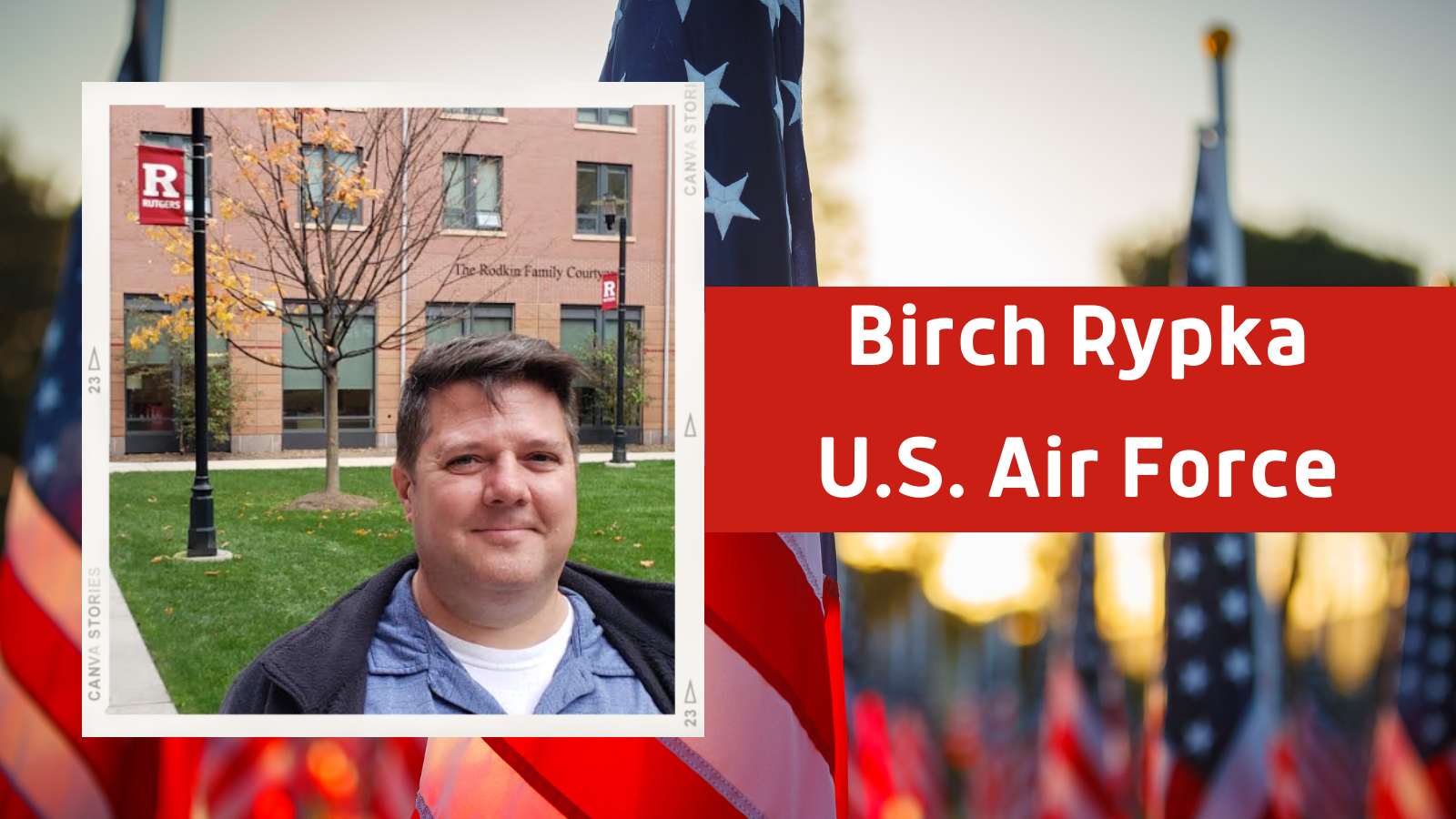Why Teaching is a Great Career Path for Military Veterans
U.S. military veterans have the foundations necessary to transition into a teaching role and can actually make fantastic educators and role models. With a focus on punctuality, organization and strong listening skills, veterans create classroom environments that are structured and supportive.
“I think veterans can go a long way in teaching youth how to be good citizens and responsible for self,” said Kathy Lowrey Gallowitz, LtCol, USAF, Retired.

A veteran herself and a voice for veterans everywhere, LtCol (Ret.) Lowrey Gallowitz is the founder of Vanguard Veteran, which helps veterans have a smooth transition into civilian life.
“I think that veterans can bring a sense of discipline order and structure,” she said. “They are good role models in terms of integrity and respect.”
A 2020 SHRM survey of 50,000 human resource professionals backs up her statement.
“HR professionals say veterans are uniquely trained to work through chaotic times (96%), are more resilient remote/virtual workers compared to civilians (63%), and thrive in a multitude of roles,” the report states.
Additionally, more than eight in 10 employers say the veteran talent pool is full of diverse individuals from all backgrounds.
For many veterans, the transition from military life to teaching life is actually not that big of a leap. Read on to learn why.
What skills do veterans bring to a classroom?

Veterans represent living history, and that history comes into the classroom every day.
Veterans also have the experience to develop the same leadership skills needed to support young learners. It was in the U.S. Air Force where Rutgers Alternate Route candidate Birch Rypka discovered an interest in teaching.
"I got the opportunity to teach at the Community College of the Air Force for four years, and although I didn’t know it at the start, it was a dream job," Birch said. "Both my parents were teachers and I married a teacher, so I guess it was just meant to be that I would eventually find my way into the classroom."
As he explored teaching further, Birch noticed many areas where his military experience proved helpful.
"I find my military training very relevant to my current classroom experience," Birch said. "I use the technical lessons the Air Force taught me concerning group dynamics and instructional pedagogy every day. The classroom is a dynamic team environment and the discipline, skills and dedication that make one successful in the military absolutely directly translate."

Samantha Morrone, another Rutgers Alternate Route teacher with veteran status, actually changed her negative attitude toward teaching into a positive one when she served in the U.S. Coast Guard.
“My mom has been an educator for the past 30+ years and I had always told her that I would never be a teacher, so I'm sure that you can imagine her excitement and confusion when I said I was planning on becoming one,” Morrone said.
Like Rypka, Morrone found herself in a position that relied on her teaching abilities.
“Once we became qualified in certain areas, we became the designated teachers for the new people coming in, so I spent my last three years in the Coast Guard teaching others how to do things. It wasn't so much the material that I liked teaching, but it was the act of teaching itself and seeing the excitement that someone had when they finally understood something that made me realize how much I enjoyed teaching.”
Rypka and Morrone’s stories aren’t a coincidence. In fact, military training has many parallels to teaching, according to LtCol (Ret.) Kathy Lowrey Gallowitz.
“It’s all about developing people for tomorrow,” she said. “We need to do our job well because the country counts on us—being a teacher is very similar.”
New Jersey’s teacher certification requirements

Luckily, New Jersey’s teacher certification requirements support veterans and military spouses. The New Jersey Department of Education offers assistance in the form of expedited certification application review, a waived fee on the initial certification application and a military liaison to assist with the certification process.
"When I retired from active duty I didn’t know what I wanted to do," Birch said. "I saw how much fun my wife was having teaching, so I decided to try and figure out how I could get in on the action."
For nontraditional teacher candidates like veterans and military spouses, there are alternative teacher preparation programs like the Rutgers Alternate Route program, which allows them to satisfy the instructional requirements associated with becoming a New Jersey-certified teacher.
"The Alternate Route program has been a fantastic experience," Birch said. "On active duty, we are always trying to add tools to our professional toolbox. The Alternate Route program gives me the extra pedagogical edge I need to really get through to young scholars."
Across all subject matter specializations and grade levels, teacher candidates must obtain a Certificate of Eligibility (CE), Certificate of Eligibility with Advanced Standing (CEAS) and provisional teaching certificate before finally receiving a standard teaching certificate.
In order to qualify for a CE, candidates must possess a bachelor’s degree and a minimum 3.0 GPA, pass a basic skills assessment and mandated hygiene test, and receive a Passing Score on the Praxis II Exam associated with the appropriate teacher license. Candidates must also complete a pre-service course provided by non-traditional Alternate Route teacher preparation programs.
Once a CE has been obtained, candidates can begin their job search. In order to progress to the next phase of instruction mandated by the NJDOE, teaching candidates must secure a teaching position.
Rutgers Alternate Route’s dynamic learning environment, rigorous peer mentoring model and job-embedded coursework prepare candidates for the everyday realities of the teaching profession. The program’s unique professional development and immersive digital literacy exercises further enhance the competitiveness of our teacher candidates on the job market.
If you’re considering following your dream of teaching, Rutgers Alternate Route can offer you the support and training you need to succeed. Be sure to follow Rutgers Alternate Route on Twitter or sign up for Alternate Route’s monthly newsletter for more information and stories from the field of education.

 Heather Ngoma has over 25 years of experience collaborating with educators across New Jersey to drive education innovation. She currently serves as the Director of the Rutgers-GSE Alternate Route Program in the Department of Learning and Teaching, a program which helps career changers, recent college graduates, and other aspiring education professionals become licensed teachers in New Jersey. Follow her on Twitter @heatherngoma.
Heather Ngoma has over 25 years of experience collaborating with educators across New Jersey to drive education innovation. She currently serves as the Director of the Rutgers-GSE Alternate Route Program in the Department of Learning and Teaching, a program which helps career changers, recent college graduates, and other aspiring education professionals become licensed teachers in New Jersey. Follow her on Twitter @heatherngoma.





